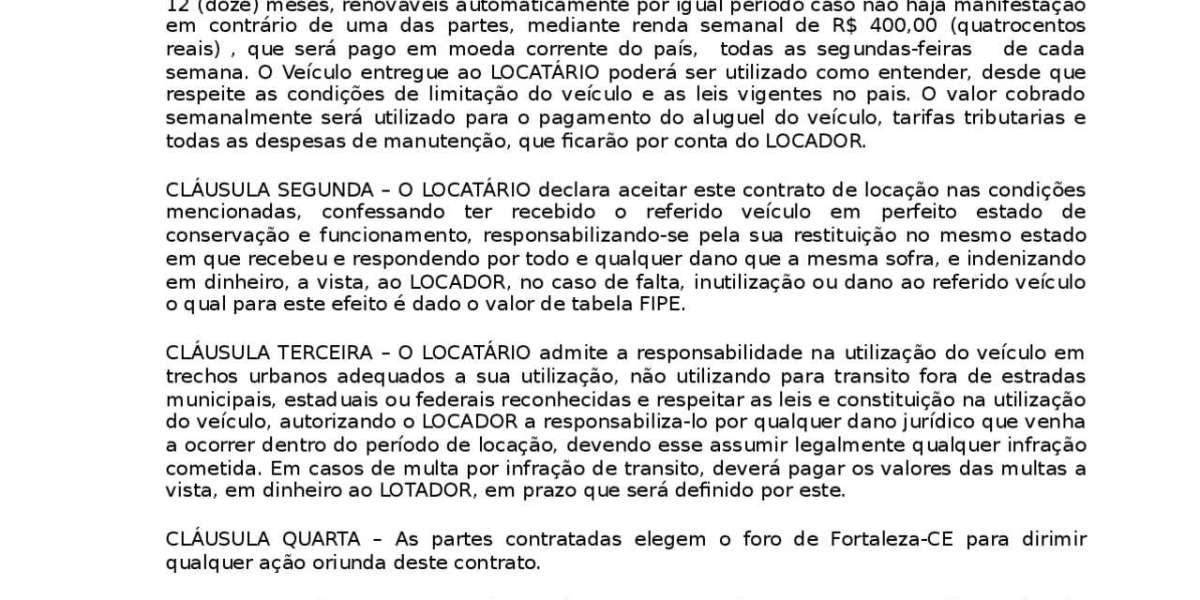The global dental digital x-ray market is experiencing rapid expansion, poised to grow from $4.0 billion in 2022 to $7.0 billion by 2027 at an impressive 11.9% compound annual growth rate (CAGR), according to the latest report by MarketsandMarketsTM. Several key factors are propelling this market forward.
A rise in dental disorders coupled with digital x-ray systems’ ability to reduce diagnosis times and provide superior image quality compared to traditional analog systems are driving adoption. Additionally, growing use of cone-beam computed tomography (CBCT) is further accelerating growth. Medical tourism for high quality yet affordable dental care in emerging economies also presents lucrative opportunities in this space.
Request for Free Sample Report
Technological Innovation: A Key Market Driver Technological advances leading to more advanced, economical, and user-friendly dental x-ray products is a significant market growth driver. Digital systems replace the lead foil byproduct and other hazardous chemicals produced by traditional analog x-rays. Approximately 60% of US dental offices have transitioned to dental digital x-ray systems to eliminate these conventional x-ray materials. Frequent launch of innovative new products increases adoption due to the myriad benefits these devices offer, fueling market expansion.
High Costs and Radiation Risks Hinder Adoption
Despite the operational and workflow advantages of digital x-ray systems, their high costs limit adoption, especially in developing countries. While costs vary considerably based on system types and features, digital devices typically cost $11,000 to $15,000, not including additional software and hardware requirements. Higher-end options like wireless CBCT systems can cost $150,000 to $300,000. Most small and mid-sized hospitals simply cannot afford such expensive devices.
Radiation exposure risks from dental x-rays also restrain market growth. More frequent exposure, even in small doses, markedly elevates risks. Providers continually balance diagnostic image quality and interpretation with limiting radiation doses. Technological advances allowing lower doses while still providing high quality images could ease this trade-off.
Developing Countries Offer Huge Adjacency Growth Opportunities Countries such as India, Singapore, Thailand, Mexico, Hungary, Poland, and Turkey emerged as top dental tourism destinations, offering high quality care at large discounts compared to treatments in developed countries. For example, while dental implants in the US average around $4,000, the same procedure is only $1,500 in Thailand, $1,000 in Turkey, $850 in Mexico, and $750 in India. This substantial cost savings for travelers opens up tremendous adjacency opportunities in the global dental digital x-ray market.
While the market presents extremely attractive expansion opportunities, barriers exist, especially for new players. The immense capital requirements limit participants, demanding hefty upfront and ongoing RD investments to develop and launch new products. Building economies of scale and overcoming the high manufacturing costs also pose challenges to competitiveness and profitability - hurdles that can be difficult for newcomers to surmount in this market.
Request for Free Sample Report
In summary, explosive growth is forecasted in the global dental digital x-ray market. Technological innovation paired with growing demand across developed and developing countries for advanced, accurate, and safer dental diagnostic imaging bodes well for participants able to clear the lofty competitive barriers. Companies and investors that move decisively to capitalize on the immense opportunities while mitigating the risks and challenges stand to reap generous rewards in this space in the coming years.







